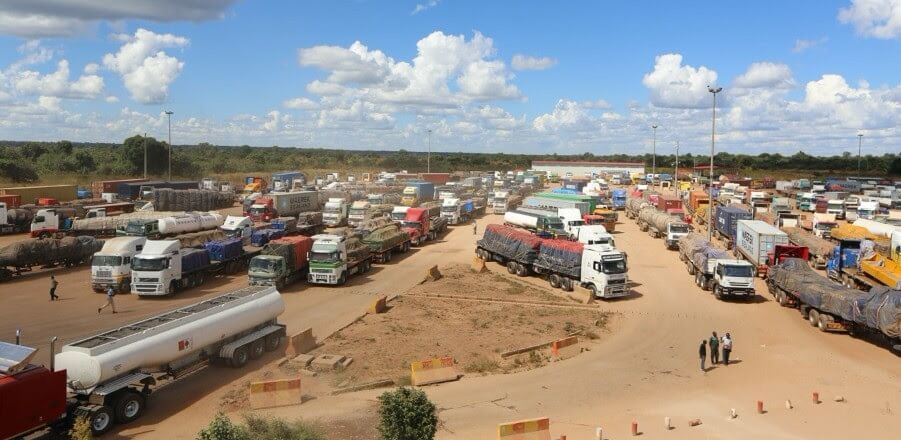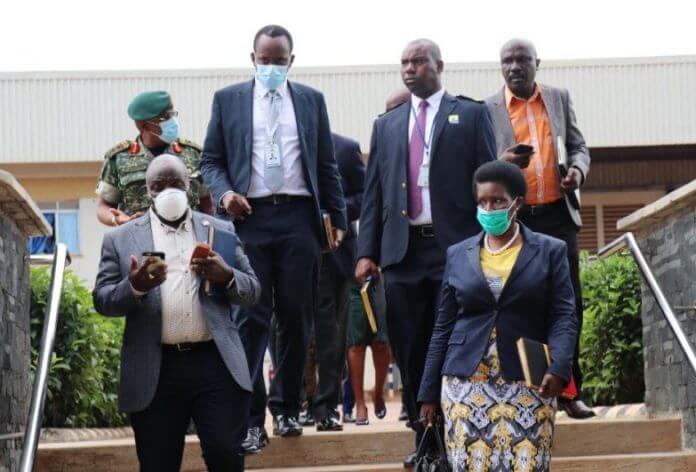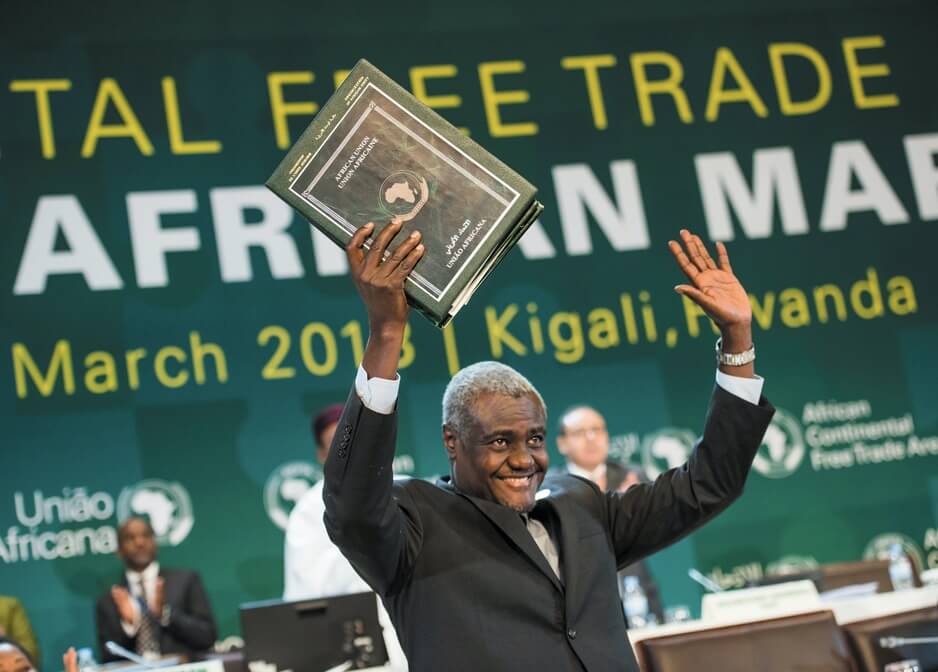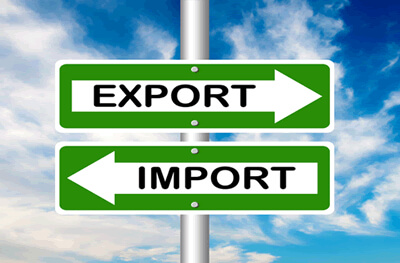The International Monitory Fund (IMF) executive board on Wednesday approved a total of $1.23 billion (about Sh2.8 trillion) to help two East African Community (EAC) member states in addressing the economic impact of Covid-19.The money will be disbursed under the IMF’s Rapid Credit Facility. The RCF provides rapid concessional financial assistance with limited conditionality to low-income countries (LICs) facing an urgent balance of payments need.It (the RCF) was created under the Poverty Reduction and Growth Trust (PRGT) as part of a broader reform to make the IMF’s financial support more flexible and better tailored to the diverse needs of LICs, including in times of crisis.Out of the $1.23 billion, Uganda will receive $491.5 million while Kenya will pocket $739 million.This brings the total number of EAC member states that have so far received IMF funding for Covid-19 to three.Last month, Rwanda became the first African country to benefit from the IMF’s RCF when it secured $109.4 million in emergency coronavirus funding.Across the region, the Democratic Republic of Congo, Malawi and Mozambique have already benefited from the funds.A few days ago, the IMF approved a $91 million loan for Malawi to help fund a balance of payments deficit exacerbated by the Covid-19 pandemic, the Fund said in a statement. Towards the end of last month, the IMF executive board approved a disbursement of $363 million under its RCF to help Democratic Republic of Congo confront the impact of the Covid-19 pandemic.During the same period, the IMF approved $309 million to help...
Kenya, Uganda secure Sh2.8 trillion IMF loan to address Covid-19 economic impact
Posted on: May 12, 2020
Posted on: May 12, 2020






















